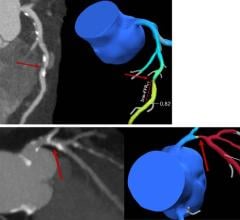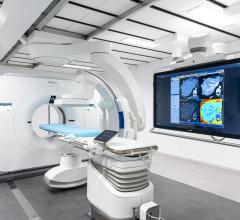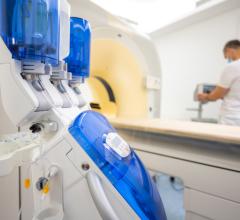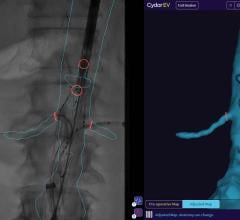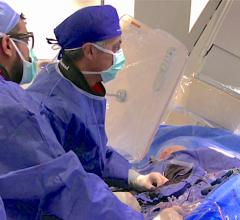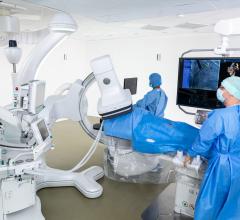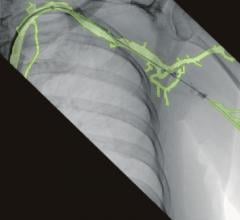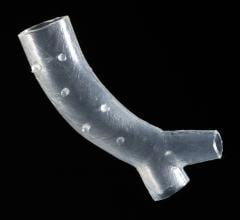February 19, 2008 - A new study released today found pending congressional legislation seeking the mandatory disclosure of prices for certain medical technologies might result in increased prices and no tangible benefits to patients.
The study, released today at the National Press Club by its authors Robert W. Hahn, executive director, Reg-Markets Center and senior fellow at the American Enterprise Institute, and Hal J. Singer, president of Criterion Economics, examines the potential economic impact of the Transparency in Medical Device Pricing Act of 2007 (S. 2221), recently introduced in the U.S. Senate.
In the report, the researchers review previous attempts by governments to impose price disclosure rules in a number of other industries including cell phones, groceries, cement, barges, railroads and long-distance telephone services. The authors use evidence from case studies and other sources to identify four conditions that, if satisfied, imply that mandatory price disclosure would provide large benefits to consumers or other purchasers.
“We found that mandatory price disclosure, as proposed in S.2221 is unlikely to benefit patients or hospitals and worse, will likely increase costs,” Hahn said.
The authors write that in order for price disclosure to have a favorable effect, there must be large search costs that are reduced substantially, and that the pricing information disclosed be current. The industry-specific market conditions essential for lower prices to occur would require that any savings be passed on to end users, and that there is a large variation in the price paid by purchasers and consumers.
Specifically, the report found the medical device industry is concentrated among a few firms and competitors repeatedly interact in the marketplace. There are few, if any, economical substitutes for many medical devices. Some medical devices are standardized, whereas other devices are differentiated. The report also found that most of the firms do not already know their rivals’ prices.
The report conclude that significant search costs for hospitals and patients would remain and disclosure would not provide current price information, since the data would be at least three months old. The report also concluded the structure of the healthcare industry would not ensure that hospitals pass cost savings on to consumers.
“Applying these conditions to the medical device industry, we conclude that mandatory price disclosure policy would likely increase prices hospitals pay for these products and provide no tangible benefit to patients,” the authors said.
The study was supported by the Advanced Medical Technology Association.
For more information: www.criterioneconomics.com


 May 17, 2024
May 17, 2024 
